Erin started her junior year of high school last month, and her number of responsibilities skyrocketed. From the minute she walked through Marjory Stoneman Douglas High School’s gates, the number of duties she had to balance was unbearable. With sports, classes and homework, her energy was at an all-time low. As a result, she looked to energy drinks to keep her going.
At MSD, caffeine seems to be essential to many students’ morning routines. Adjusting to a new schedule can be tough, and for a lot of students, that means reaching for lattes, energy drinks or matcha. After a more relaxed summer, jumping back into the hectic pace of school has only increased the need for an extra caffeine boost.
“Caffeine is part of my routine now because of school, and I see a lot of other kids drinking caffeine in school,” sophomore Amara Perovec said.
Caffeine is one of the most frequently used psychoactive–or mind-altering–substances in the world. It impacts mood and behavior and is found in over 60 species of plants. According to the Kuakini Health System, caffeine temporarily blocks adenosine, a chemical in the body that promotes sleepiness and muscle fatigue, resulting in an energy boost or heightened alertness.
“I intake more caffeine now than in previous years because I have to be on top of my assignments and awake a certain amount of hours,” senior Shreya Balkaran said.
Iced coffees are now sold in the MSD cafeteria for all students to enjoy. Broward County Public Schools decided to implement iced lattes in the cafeteria last school year for students to purchase during breakfast or lunch.
“Everybody was excited about the coffees when they started selling them last year,” junior Erin Niebla said. “I think they should sell Celsiuses. If they sold energy drinks like Celsius it would be gone within the first five minutes.”
In moderate doses, caffeinated beverages enhance alertness, energy and the ability to concentrate. These are qualities most students strive for.
“I think caffeine helps keep me awake so I’m actually taking in information, because when I’m just trying to focus on keeping myself awake during class, I’m not taking in any information,” freshman Brooklyn Bhim said.
Caffeine can have long-term health benefits as well. According to American Dining Creations, coffee is a source of antioxidants, such as polyphenols and hydroxycinnamic acids. Antioxidants protect the body from free radicals, which can damage DNA and proteins. Thus, coffee can help protect people from aging and many health conditions.
According to the National Library of Medicine, the main reason students have started drinking more caffeine over the years is because of the sugary marketing techniques of well-known companies. The marketing and sheer number of available caffeine flavors and beverages make them easily accessible and very appealing. For example, Starbucks sells a variety of syrups, such as caramel, cinnamon dolce and vanilla. There is even a Starbucks within walking distance of MSD.
Despite some health benefits, students frequently find themselves consuming excessive amounts of caffeine regularly, leading to habitual reliance and withdrawal symptoms when they do not get their fix. This can result in physical and psychological dependence on the substance, and withdrawal symptoms like headaches, irritability and fatigue when without it.
“If I drink coffee in the morning and then don’t have caffeine on me later in the day, I get so tired because I don’t have that caffeine in my body that I had before, and then I want to go to sleep, so I drink more to keep me awake and it’s a repeating cycle,” sophomore Olivia Heiden said.
Tired teens often turn to caffeine to counteract their lack of sleep, but ironically caffeine can disrupt the circadian rhythm. The circadian rhythm is the 24-hour internal clock in peoples’ brains that regulates cycles of alertness and sleepiness. A 2003 study done by Sleep Education examined the link between caffeine and sleep in young teens. It found that students who consume more caffeine sleep less at night, take longer to fall asleep and are more likely to nap during the day.
“I drink two to three cups of coffee per day and get like four hours of sleep per night,” Balkaran said. “The only side effects I get is I’m really energetic and sometimes I get headaches.”
According to the National Institute of Health, adolescence is the essential time for brain development because the brain has the most neural connections during these years. Caffeine can make these growing connections less efficient and hinder their formation in the mind. That is why drinking caffeine from a young age can stunt brain development.
“I’ve never thought that drinking coffee is bad for my health, but I have thought drinking too much is,” Heiden said.
Caffeinated beverages are, clearly, very popular among teenagers at MSD. Students’ reasons for consuming caffeine vary, ranging from helping them focus in class to enhancing their performance in a sport. However, just like everyone drinks caffeine for different reasons, caffeine affects everyone differently. Thus, in order for teens to optimize their overall health and wellbeing, they must be mindful of caffeine’s specific impact on them.

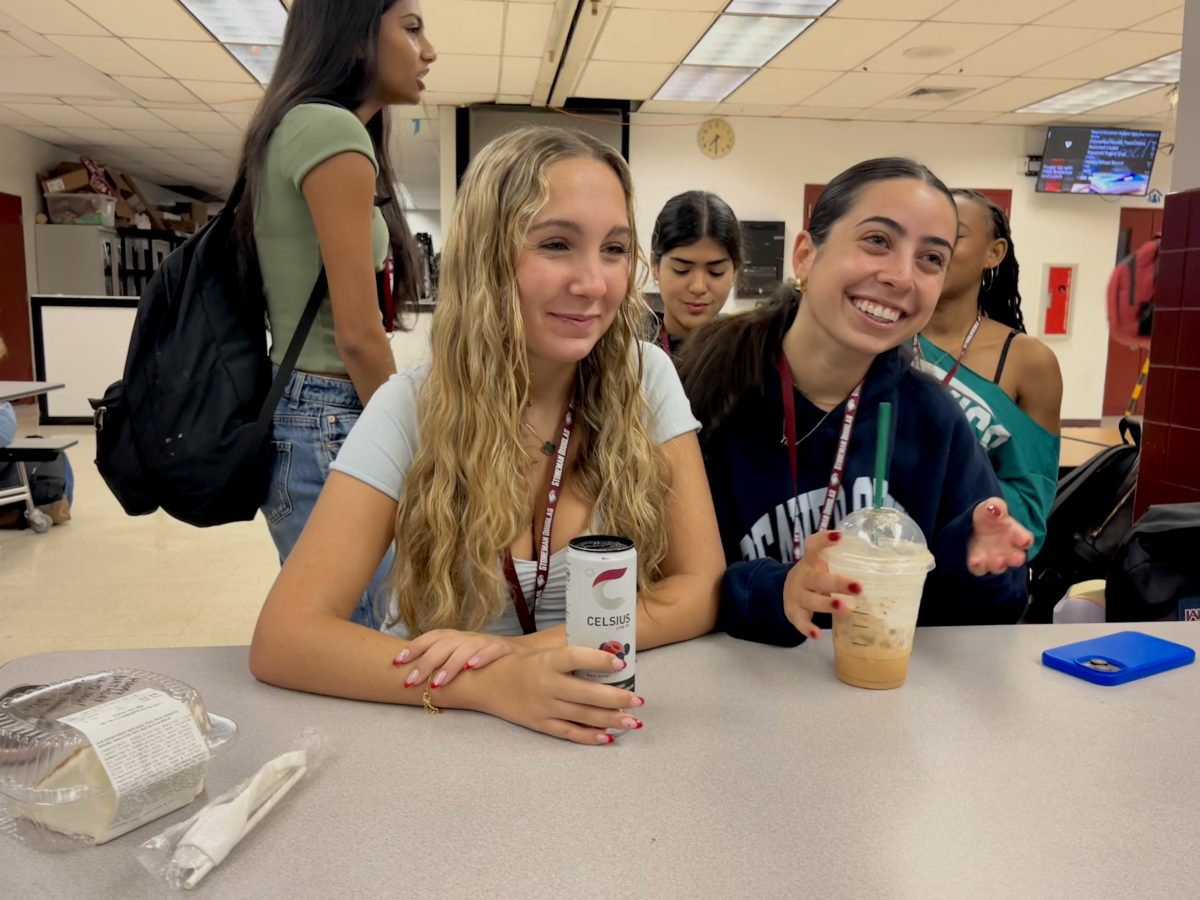

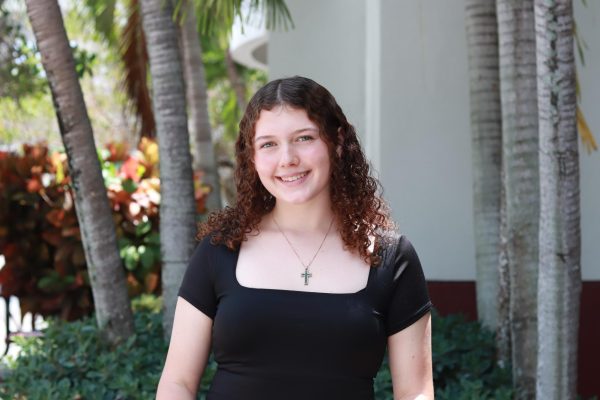
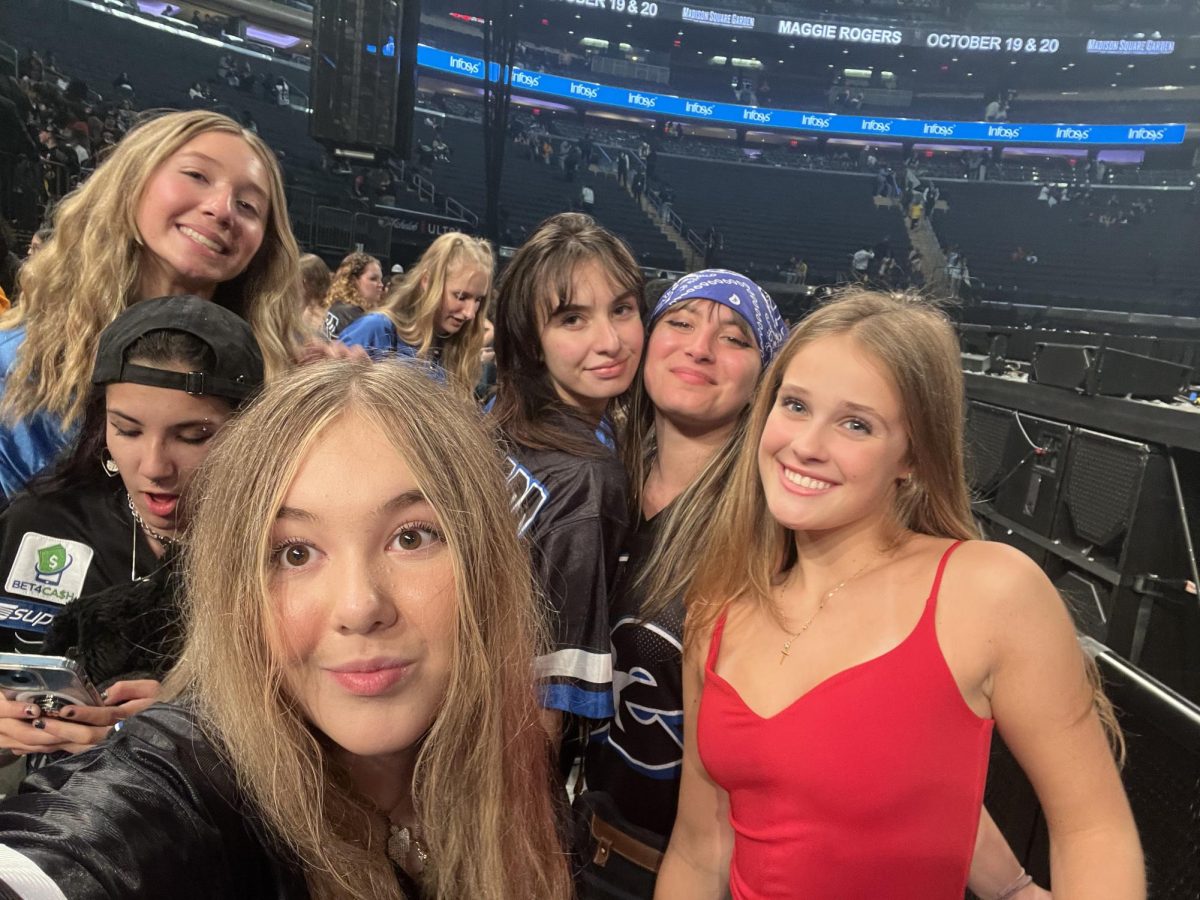
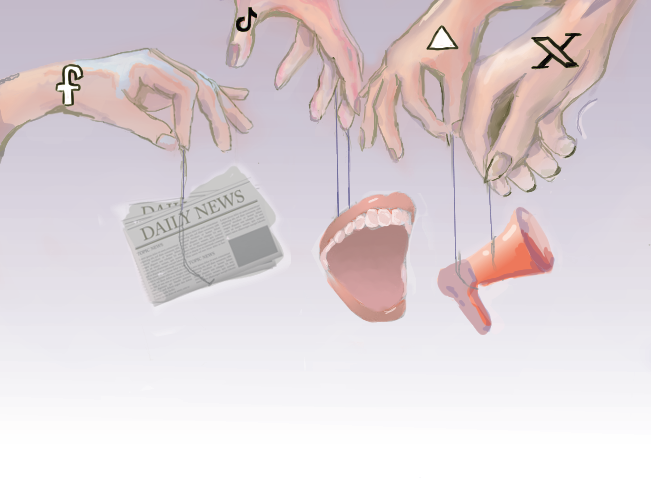


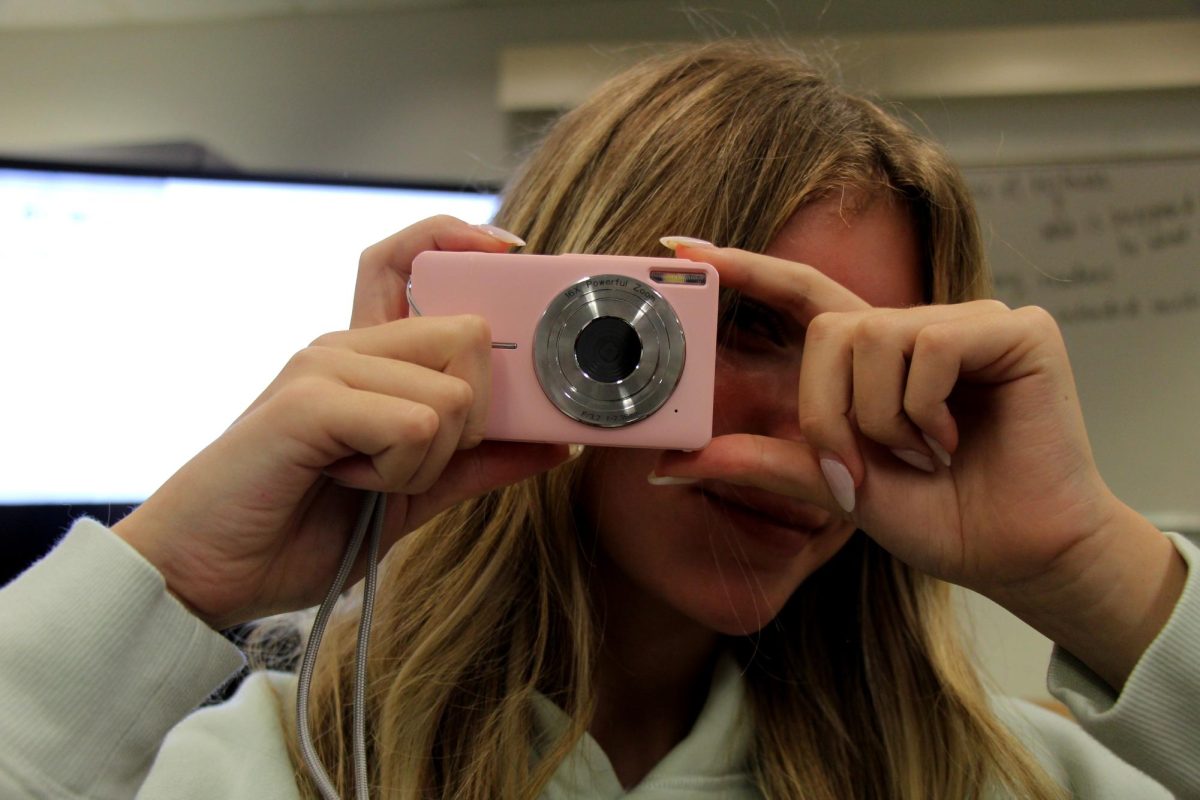

![National Honor Society Sponsor Lauren Saccomanno watches guest speaker Albert Price speak to NHS members. National Honor Society held their monthly meeting with Price on Monday, Nov. 4. "[Volunteering] varies on the years and the month, but we have started a couple new things; one of our officers Grace started a soccer program," Saccomanno said. "We have been able to continue older programs, too, like tutoring at Riverglades. NHS's goal is to have as many service projects as possible."](https://eagleeye.news/wp-content/uploads/2024/11/xNOeKNVwu7aErpVyJHrHogagZUUcLLosjtbIat94-1200x900.jpg)

![Ice Ice Baby. Skating to "Waltz" and "Romance" during her long program, figure skater Ava Zubik competes at the Cranberry Open in Massachusetts on Aug. 12, 2022. She scored a total of 86.90 on her short and free skate program, earning fifth place overall. "I try to make it [competing] as fun and enjoyable as I can because it's my senior year, and so I want to really enjoy competitive figure skating while it lasts," Zubik said.](https://eagleeye.news/wp-content/uploads/2024/11/skater1-799x1200.jpg)
